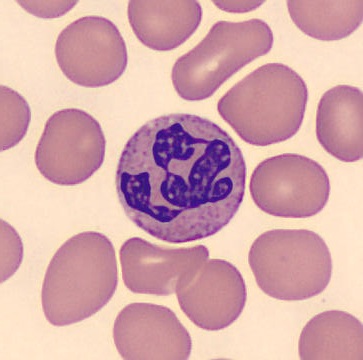
Published: 16 Apr 2024 Blood test results result
Since lab values can differ slightly from lab to lab, and because every "body" is different, it is important that you discuss your results with your healthcare provider so you can know what your blood test results mean for you and your health.
When you see a healthcare provider, they may order certain blood tests to help determine your cardiac risk, including:
Lipid profile, including blood cholesterol levels and triglycerides
High-sensitivity C-reactive protein (hs-CRP)
Lipoprotein
Apolipoprotein B
Along with a detailed medical history and physical exam, these blood tests can help paint a picture of your overall heart health and risk for cardiovascular disease. Blood tests that can determine your risk of heart disease
Your individual risk of heart disease is determined by several factors, such as your age, family history, and other medical conditions. Below, we'll identify which blood tests can give insights into your heart health and when they are useful. We will discuss these tests in more detail here, along with the "ideal level" for each of these tests. Based on your age, family history, and risk factors, you may also need additional blood tests to determine your risk of developing cardiovascular disease (including heart disease and strokes).
In people experiencing heart symptoms, different, more specialized tests can determine if there is an immediate heart problem or if there has been heart damage. During routine medical visits, your physician may recommend you get standard blood tests to check your overall health. Ideal levels are usually set based on large research studies.
It can tell you hundreds of things about your lifestyle and habits. You likely have lots of questions about the process and results.
A routine blood test consists of getting blood taken at your doctor's office or at a lab. Blood can tell you about your organ function, diet, metabolism, illnesses, and if you have certain diseases. Often you're done in less than five minutes.
What Can Blood Tests Detect? The reasons for getting your blood tested vary. Usually, the technician, nurse, or doctor will have you sit down on a chair with your feet on the ground.
This might seem scary, but it's quite straightforward. Or, they can explain why you've been "feeling off" for the last few months.
Getting blood taken can be scary for those who've never done it, especially children. That's why doctors encourage their patients to get routine blood work done.
By analyzing the blood, scientists can detect illnesses before it's too late. In a routine blood test, it might just be to check that nothing has changed since your last healthy test result.